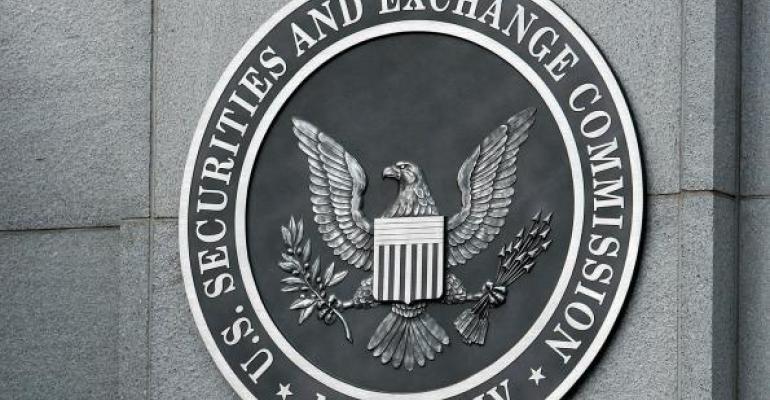Broker/dealer firms subject to Regulation Best Interest have been slow to make compliance reforms since the rule was implemented last year, according to a new survey from the North American Securities Administrators Association (NASAA).
According to the association, b/ds are largely continuing to operate as they did under the suitability standard, but they’re advocating for guidance out of the SEC instead of wholesale changes to the rule itself.
Ohio Securities Commissioner Andrea Seidt, who also serves as chair on NASAA’s Reg BI Implementation Committee, summarized the committee’s report on b/d conduct in the wake of the rule’s June 2020 implementation, contrasting its findings with those from a similar survey NASAA conducted before the rule went into effect. Seidt said the committee found no “significant reforms” in the areas of due diligence, disclosure and conflict management, areas she said corresponded directly to Reg BI’s core obligations.
“Securities regulators cannot sit idly by and watch broker/dealers do the same thing over and over under Reg BI that they did under the suitability standard and expect a different result for retail investors,” Seidt said.
NASAA’s sample included 443 broker/dealer firms that make recommendations to retail customers (and are subject to Reg BI), including 382 firms included in the first report and 61 new firms. According to the analysis, the number of firms offering complex or risky products (such as private securities, non-traded REITs and leveraged or inverse ETFs) increased by 11% after Reg BI took effect; 93% of firms did not cease selling any products, and 76% did not restrict any product sales in the wake of Reg BI.
Seidt said many surveyed firms did not fulfill “full and fair disclosure” requirements related to material fees, costs and conflicts after the rule’s implementation. In fact, only 19% of firms discussed lower-cost options for clients when those options were available outside the firm; even when more affordable options were available within a firm’s offerings, 69% of respondents did not affirmatively recommend or discuss those cheaper options; both of these were about 10 percentage points higher than before Reg BI.
But despite the b/d compliance shortfalls, Seidt cautioned that much of what needs to be done on the SEC level can be achieved with additional guidance. Therefore, NASAA doesn’t believe it’s necessary to reform or amend the rule as it stands, with Seidt arguing it appropriately underscores the importance of the best interest phrase.
“I think it really is time for the SEC to clarify its expectations by issuing supplemental guidance,” she said.
The SEC did not return a request for comment as of press time, but in a statement, Securities Industry and Financial Markets Association (SIFMA) President Ken Bentsen argued the report “misses the mark” when cataloguing the changes firms made in response to Reg BI. Bentsen argued that firms began instituting these changes to comply with the now-vacated Department of Labor fiduciary rule from the Obama administration, and kept those changes as Reg BI was completed.
“To be clear, Reg BI is the law, and it has meaningfully raised the bar for financial professionals, and includes many important protections while preserving investors’ choice,” Bentsen said. “The public record is replete with tangible examples of the SEC’s and FINRA’s robust efforts to implement Reg BI, including their extensive compliance and examination efforts, and their publication of additional regulatory guidance and resources.”
Seidt said she was “optimistic” the commission would follow up with guidance clarifying the rule, though did not speculate whether that guidance would correspond with NASAA’s findings. NASAA President and Maryland Securities Commissioner Melanie Senter Lubin said states’ goals were to help registrants “come along” on new regulations, and were not necessarily looking to bring enforcement actions. (Lubin was recently named one of WealthManagement.com’s Ten to Watch in 2022).
Acknowledging it was early in the process, Lubin said it remained to be seen how states would react if compliance remained low, and whether more states might move forward on enacting fiduciary standards of their own, as Massachusetts has already done.
“The new administration at the SEC will have the opportunity to take a look at what’s come out in this report, and make decisions about whether they need to tighten up or give additional guidance in a lot of these areas,” she said. “I think that will strongly influence what happens on a state-by-state basis."




